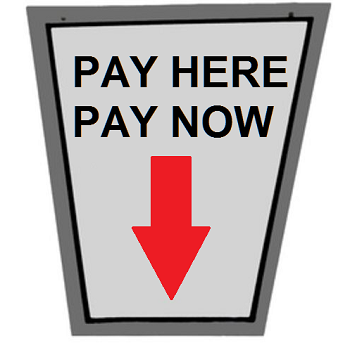Last Updated on December 6, 2021
I am told there is an IKUL on my bank account. What is this?
You’re standing at the check-in counter at Ben Gurion International Airport anxious to get through quickly, get to the duty-free and start your holiday. All of a sudden the check-in clerk looks up at you, raises his/her eyebrow and tells you that you have an ‘Ikul’ on your bank account and if the debt is not paid immediately, you will not be allowed to exit the country. OMG!
| Hebrew | English | Transliteration |
| עיקול | Foreclosure | Ikul |
 Legal definition
Legal definition
Foreclosure is a legal process in which a lender attempts to recover the balance of a loan from a borrower who has stopped making payments to the lender by forcing the sale of the asset or confiscating the property used as the collateral for the loan.
A foreclosure is usually executed on one of three main occasions:
- when the borrower fails to meet the repayment terms of a loan
- when a person received a particular product or service by consent or contract, but did not pay the consideration determined in the contract
- when the government declares, with the knowledge of the property owner or without his knowledge, the demand for payment or transfer of the property to the government
- Hotzaa LePoal – the official government collection agency
- The Israel POA – Power of Attorney
- Get your biometric passport now – don’t wait until the last minute
In most cases, the creditor is required to carry out a legal process in order to obtain an order that will enable foreclosure of the property, often by means of an attachment order given by the court and enforced by the Execution Office. Governmental authorities, such as the Tax Authority, the National Insurance Institute, a municipality and entities acting on their behalf are entitled to issue foreclosure orders at will, even without a court order (for example, imposing a lien on the bank account on behalf of a private company collecting debts for the municipality).
To avoid this awful scenario, make sure you are up-to-date with all outstanding debts, that you have paid all parking and traffic violations, overdue municipal rates and taxes (arnona), outstanding mobile phone bills, debts to the National Insurance Institute (Bituach Leumi) and the Tax Authority (Meches and Mas Hachnasa) etc. before you leave for your holiday abroad or else, under certain circumstances, you could be stopped from exiting the country.


